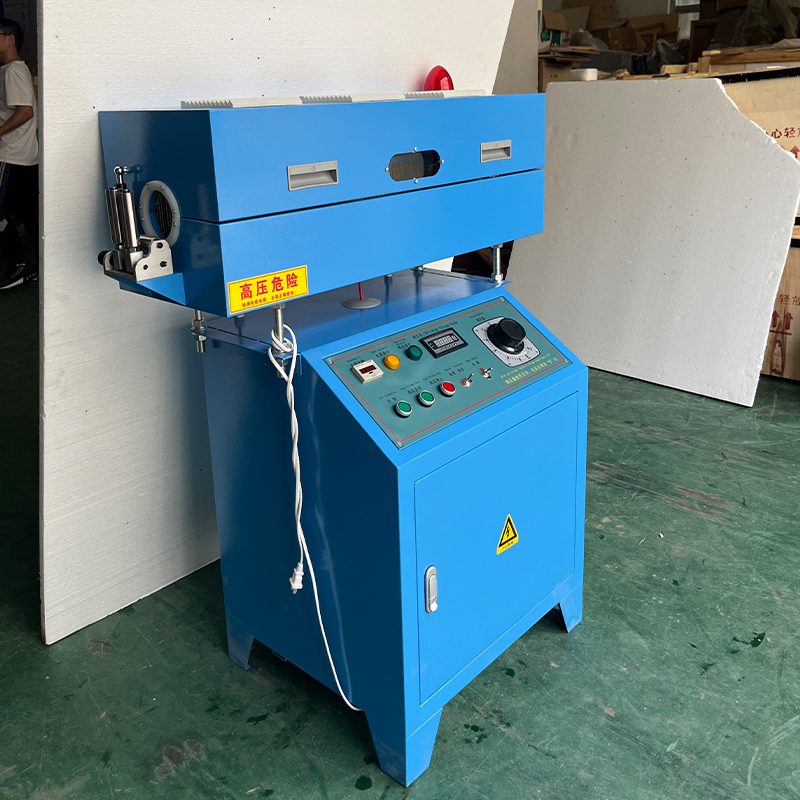tensile yield tester
Understanding the Tensile Yield Tester An Essential Tool in Material Testing
The tensile yield tester is a crucial instrument in the field of materials science and engineering, primarily used to assess the mechanical properties of materials, particularly their tensile strength and yield point. This device enables engineers and researchers to determine how materials will behave under tension, providing vital data that informs material selection, product design, and quality assurance processes.
At its core, the tensile yield tester operates by applying a controlled tensile force to a material specimen—usually a metal, polymer, or composite—until it deforms or breaks
. The test begins with the specimen being secured in a testing machine equipped with grips that hold the material in place without causing localized stress concentrations. Once the specimen is properly loaded, the machine gradually pulls the material apart, measuring the force applied and the resulting elongation of the specimen simultaneously.One of the key outcomes of a tensile yield test is the yield strength of the material, defined as the amount of stress at which a material begins to deform plastically. This is critical information for engineers, as it indicates the maximum load that a material can withstand without permanent deformation. Beyond yield strength, the tensile test also provides data on the ultimate tensile strength (UTS) and elongation at break, among other properties, allowing for a comprehensive understanding of the material’s performance characteristics.
tensile yield tester

In industries such as aerospace, automotive, construction, and manufacturing, the tensile yield tester plays an indispensable role. Manufacturers rely on this testing to ensure that materials meet specific standards and regulatory requirements before they are used in production. Additionally, quality control processes often include routine tensile testing to verify that batch-to-batch variations do not compromise the integrity of products.
Modern tensile yield testers are equipped with advanced features, such as digital displays and computer interfaces, for enhanced data collection and analysis. Some models even incorporate extensometers to more accurately measure elongation, providing a better understanding of material ductility and toughness.
In conclusion, the tensile yield tester is a fundamental piece of equipment that serves as a vital resource in material testing and evaluation. By accurately determining mechanical properties, it aids in advancing innovation and ensuring the reliability and safety of engineered products across various sectors. As technology evolves, the capabilities of tensile testing equipment will continue to improve, further enhancing its importance in material science.
-
The Role of Tensile Force Testers in Quality Control and Material Science
NewsAug.01,2025
-
Maintenance and Safety Tips for Aging Ovens
NewsAug.01,2025
-
Density Balance in Forensic Science
NewsAug.01,2025
-
Advanced Optical Measurement Technologies
NewsAug.01,2025
-
A Buyer’s Guide to Tensile Test Machines
NewsAug.01,2025
-
Why the Conductor Resistance Constant Temperature Measurement Machine Redefines Precision
NewsJun.20,2025
 Copyright © 2025 Hebei Fangyuan Instrument & Equipment Co.,Ltd. All Rights Reserved. Sitemap | Privacy Policy
Copyright © 2025 Hebei Fangyuan Instrument & Equipment Co.,Ltd. All Rights Reserved. Sitemap | Privacy Policy
